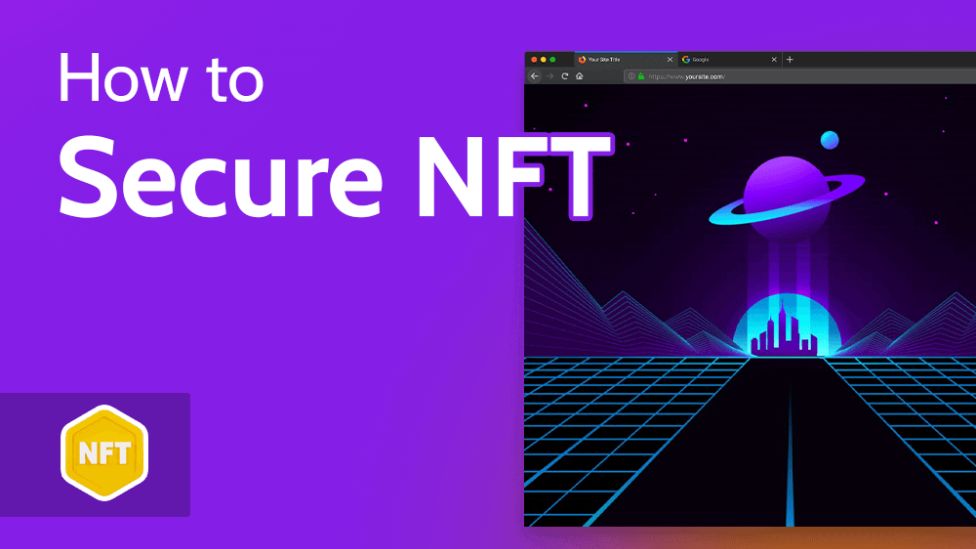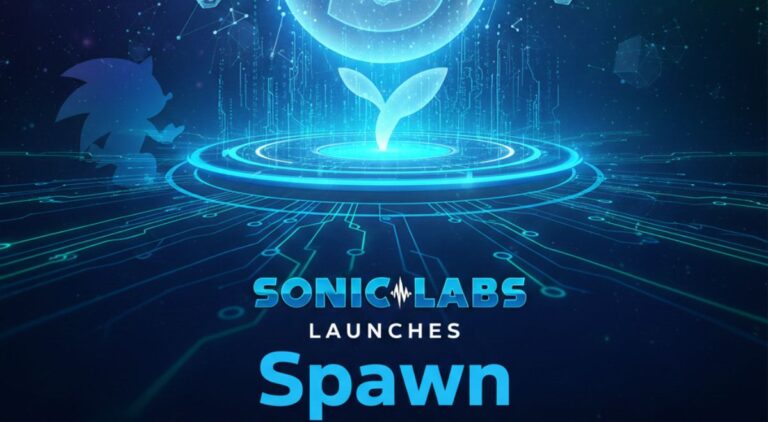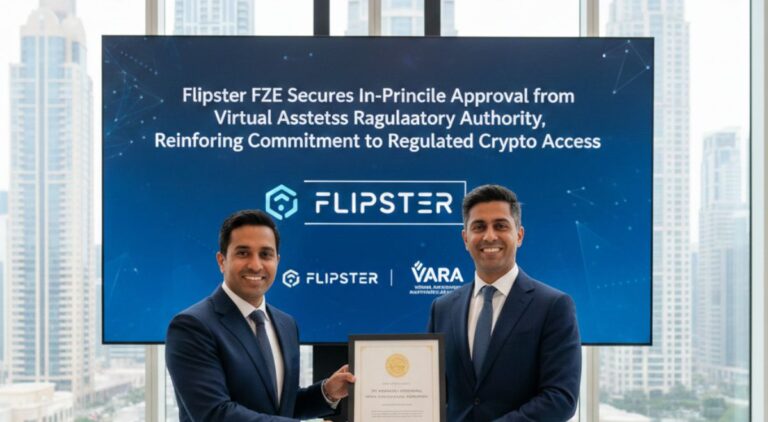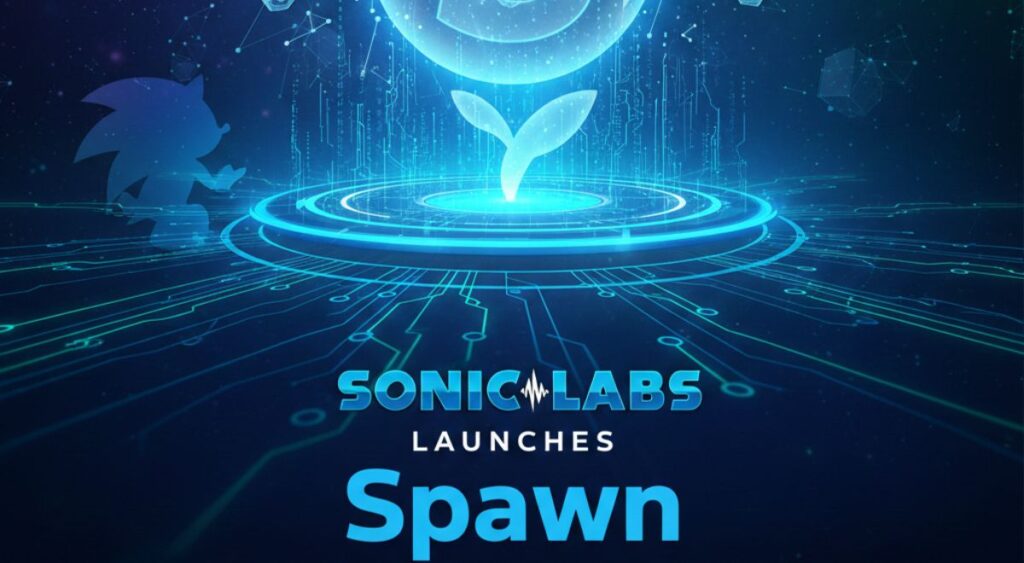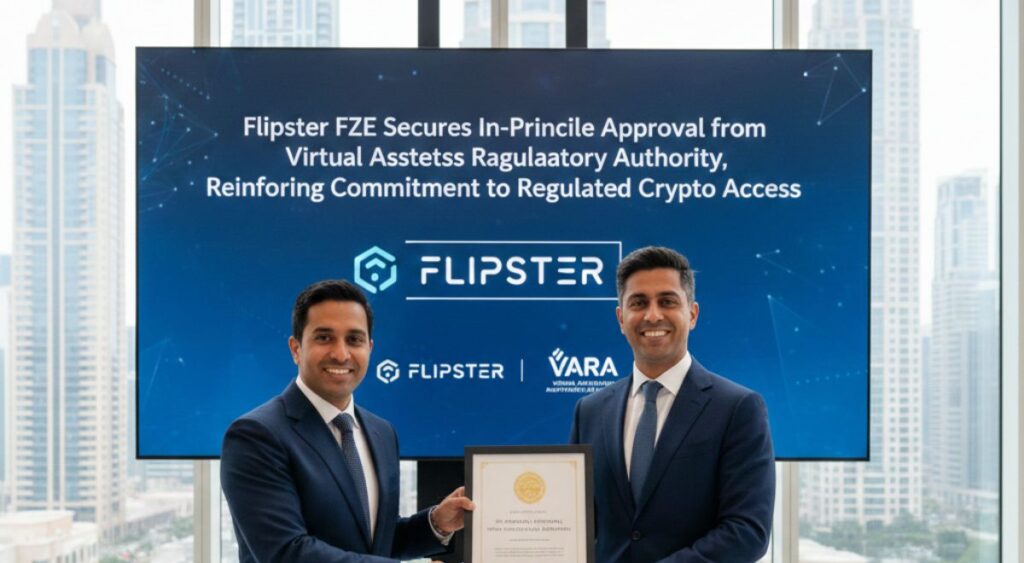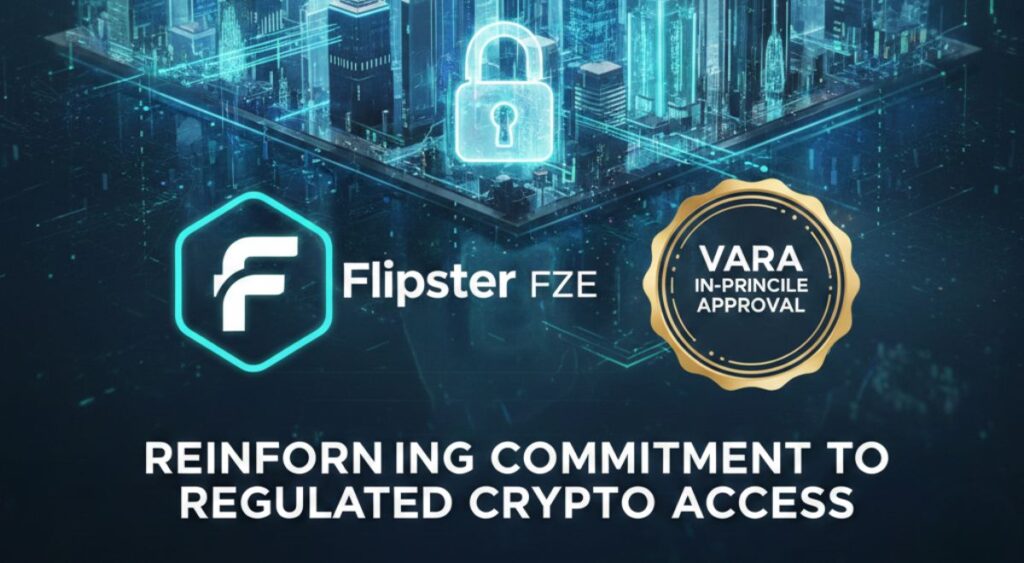There are a plethora of options to develop ownership and value in the digital space because to the quick growth of NFTs. The problem of guaranteeing the quickness and security of NFT transactions, however, arises with this expansion.
High transaction volumes are typical due to the daily generation, purchase, and sale of NFTs by millions of users. While security flaws can cause large cash losses, slow transaction speeds can undermine customer trust.
Addressing these issues requires a strong cloud infrastructure, best security standards, and the implementation of cutting edge blockchain technologies. It is critical that NFT developers and investors work in a setting where security and transaction speed are given top priority.
Comprehending NFTs and Their Mechanism of Transaction
Non-fungible tokens, or NFTs, are distinct digital assets that come in a variety of formats, including films, music, artwork, and in-game goods. Because of their unique characteristics, NFTs cannot be traded one-to-one way cryptocurrencies can. Blockchain technology is what they use to confirm authenticity and prove ownership.
Because of their speed and scalability, well-known blockchain platforms like Ethereum, Solana, and Flow provide the framework for NFT transactions. Usually, the transaction process starts with a smart contract being used to create, or mint, an NFT. Buyers must have enough money to pay for the NFT and associated transaction costs, often known as gas fees. They use cryptocurrency wallets like MetaMask or Coinbase Wallet. The buyer’s offer is entered into the transaction and is verified before ownership is transferred, guaranteeing that the transaction is permanently recorded on the blockchain.
The Function of Cloud Infrastructure in NFT Transactions
In order to scale the NFT market and guarantee transaction speed and security, cloud infrastructure is essential. Cloud infrastructure is crucial for managing high transaction volumes and preserving quick processing times in light of NFTs’ growing popularity.
Scalable resources from cloud providers like OperaVPS allow NFT platforms to handle activity spikes without compromising performance. To further protect NFT transactions from cyber threats, these providers also use multi-layer defences and encryption technologies. Additionally, lower latency thanks to cloud infrastructure means faster transaction validation and better user experience.
Transaction Speed’s Significance in the NFT Market
In the rapidly evolving realm of digital assets, transaction speed is an essential component. Being able to handle transactions fast can mean the difference between seizing an opportunity and missing out during times of strong demand. Increased petrol expenses may result from a delayed transaction, particularly on crowded networks like Ethereum.
Platforms that experience poor processing speeds run the danger of losing their competitive edge and losing the trust of their users. NFT platforms can address the increasing demand for fast and secure transactions by integrating layer 2 technologies with fast blockchain networks.
Keeping the NFT Ecosystem Secure
Securing NFTs is even more important as digital assets gain prominence in order to fend against dangers like fraud, phishing, and hacking. In order to prevent bad actors from gaining control of their assets, NFT owners must protect their private keys, which provide them access to their wallets. An additional degree of security can be obtained by storing private keys in hardware wallets, which are offline and more impervious to hackers.
NFT users also need to be on the lookout for phishing attacks, in which criminals pose as NFT marketplaces in order to obtain login credentials. Platform and user security is further improved by using robust security measures like two-factor authentication (2FA) and multi-signature wallets.
The Top 10 Tricks for Encouraging and Safe NFT Transactions
The swift expansion of the NFT domain has presented obstacles concerning transaction velocity and security. Although blockchain technology offers a secure foundation by default, both features of NFT transactions can be further enhanced by understanding the appropriate solutions.
Select the Appropriate Blockchain for Speed
It is crucial to choose a blockchain that facilitates quicker transaction speeds. Blockchains with huge transaction volumes and quick processing times, like Solana and Flow, are perfect for NFT systems with lots of traffic. Additional networks such as Polygon and Binance Smart Chain also provide ways to improve performance.
Scaling Solutions at Layer Two
By shifting a large portion of the processing from the primary blockchain (Layer 1) to secondary layers, layer 2 scaling solutions increase transaction speed. This lowers petrol prices, speeds up, and improves security all at the same time as reducing congestion. Effective Layer 2 solutions include things like sidechains and rollups.
Enhancing Security in Smart Contracts
NFT transactions revolve around smart contracts, thus it’s critical to maximise both their efficiency and security. To save petrol costs and prevent delays, smart contracts may be optimised and vulnerabilities found with the use of auditing services from businesses such as CertiK and OpenZeppelin.
Putting Multi-Signature Wallets in Place
Wallets with multiple signatures increase security by requiring different private keys to perform a transaction. Better control over NFTs and smart contracts is also provided, lowering the possibility of harmful action.
Utilising 2FA, or two-factor authentication
NFT platforms and wallets are further secured by two-factor authentication. Digital assets are kept secure by requiring a second form of authentication, even in the event that login credentials are stolen.
AI-Powered Fraud Detection Techniques
Artificial intelligence (AI)-driven fraud detection systems examine transaction patterns and are able to spot questionable activity, including persistently unsuccessful login attempts or transactions coming from strange places. The NFT transaction security is greatly improved by these technologies.
DEXs, or decentralised exchanges,
By eliminating middlemen and enabling peer-to-peer trading, decentralised exchanges (DEXs) improve security and expedite transactions. To guarantee data integrity and expedite processing times, DEXs leverage blockchain technology, which enhances the NFT experience.
Ownership in Parts
By enabling investors to own a portion of an NFT, fractional ownership boosts market liquidity and facilitates quicker and easier trades. This technology has the potential to accelerate transactions and attract more players to the NFT market.
Rollups with Zero Knowledge (ZK-Rollups)
ZK-Rollups allow you to merge several transactions into a single one without compromising the security of each individual transaction. As a result, the blockchain processes less data overall, increasing transaction speed without sacrificing security.
Shattering
In order to increase scalability and transaction speed, sharding splits the blockchain into smaller sections, or shards, that operate in parallel. Through concurrent transaction processing among shards, platforms are able to accommodate increased demand without experiencing any slowdown.

